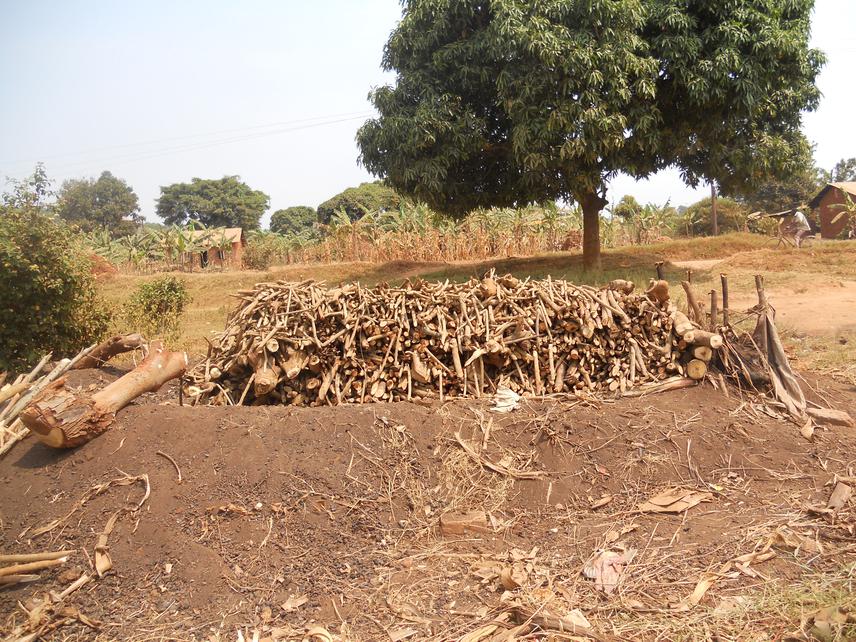Raymond Katebaka
Other projects
2 May 2012
Enhancing Community Participation to Conserve Fragmented Forests in Central Uganda
29 Jan 2014
Promoting Collaborative Forest Management in Degraded Forests of Central Uganda
26 Jan 2017
Sustaining Community Participation in Collaborative Forest Management in Central Uganda
This project looks at understanding the relationship between forest fragmentation and hornbill distribution (as forest indicators) and assessing the extent of fragmentation using GIS tools and the impact on the targeted species.

This is a new initiative, building on a study on both farm and forest ecosystems of central Uganda recently undertaken by British Trust for Ornithology (BTO) and Makerere University Institute of Environment and Natural Resources. This project will adopt a similar inter-disciplinary approach and use some sites in the BTO project. It will significantly extend the themes in this previous work by specifically targeting some individual avifaunal species (the Black and White Casqued Hornbill, Crowned Hornbill and Pied Hornbill).
The project will run activities, including:
- Capacity building of community members, especially youth;
- Collection of baseline data of avifauna in fragmented forest systems, with particular reference to the identification of indicators;
- Identification of best land use management practice regarding sustainable conservation of hornbills;
- Dissemination of best management of fragmented forests to organisations and local communities.
It will undertake economic analyses of sustainable rural livelihood options in the project area, including biodiversity assessments made of fragmented forest systems. Data collected in this project will be related to these analyses.
This work will identify sustainable conservation interventions of forest hornbills, and consider land use options for communities living in adjacent forest project areas in Uganda, by assessing linkages between socio-cultural, economic and environmental impacts of different approaches to forest use e.g. exploitation, management and conservation. This will be achieved through a programme of research and capacity building. The results will enable impacts of forest fragmentation to be identified and monitored. Ultimately, the project will improve the understanding of forest systems to the extent that recommendations will be made for strategies that support forest hornbills at the same time as supporting rural livelihoods. This is expected to be applicable to similar forest systems elsewhere in eastern Africa and that the approach adopted could serve as a framework for addressing similar issues.
This will be achieved by documenting forest hornbills within a range of forest systems differing in structure and degree of fragmentation/isolation. Survey data will determine the distribution of hornbills, identify potential indicators and establish baseline data with which to monitor future changes in forest systems. In conjunction with socio-economic data, this information will be used to develop conservation approaches that integrate sustainable forest production with biodiversity conservation. Ultimately, the project will help enable fragmented ecosystems to be developed and conserve biodiversity and supporting rural livelihoods. The research and implementation will be based on the success of the project.